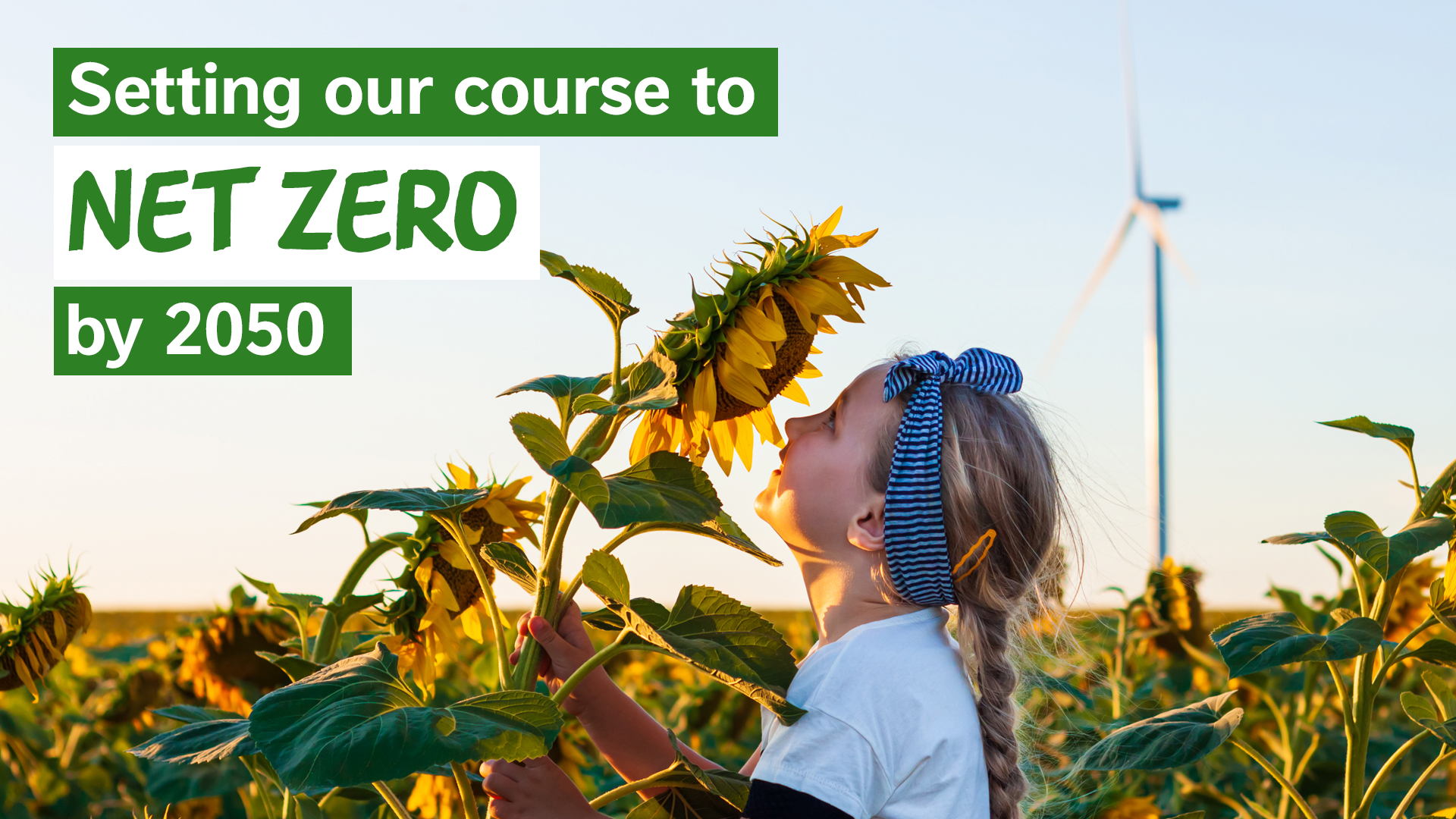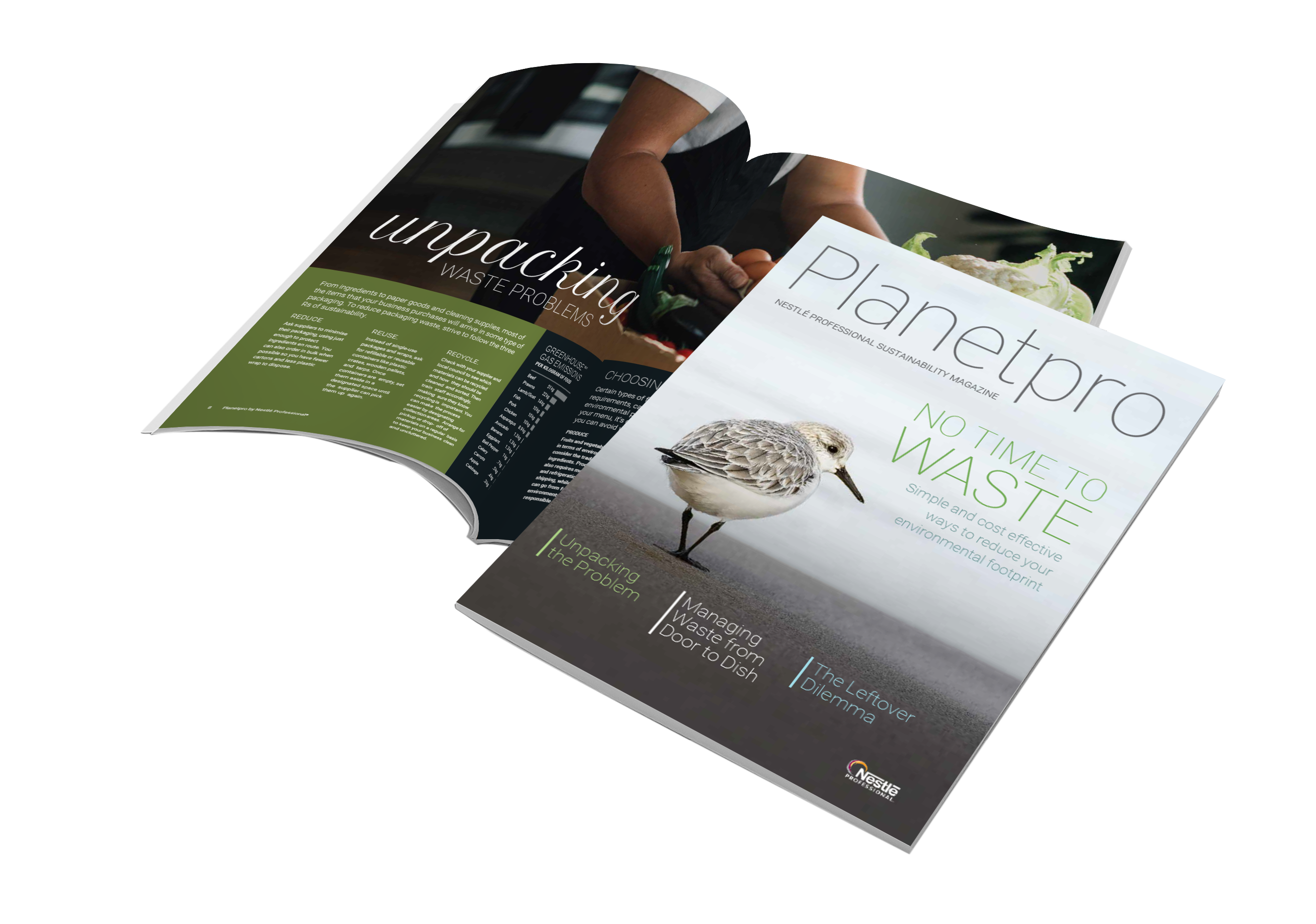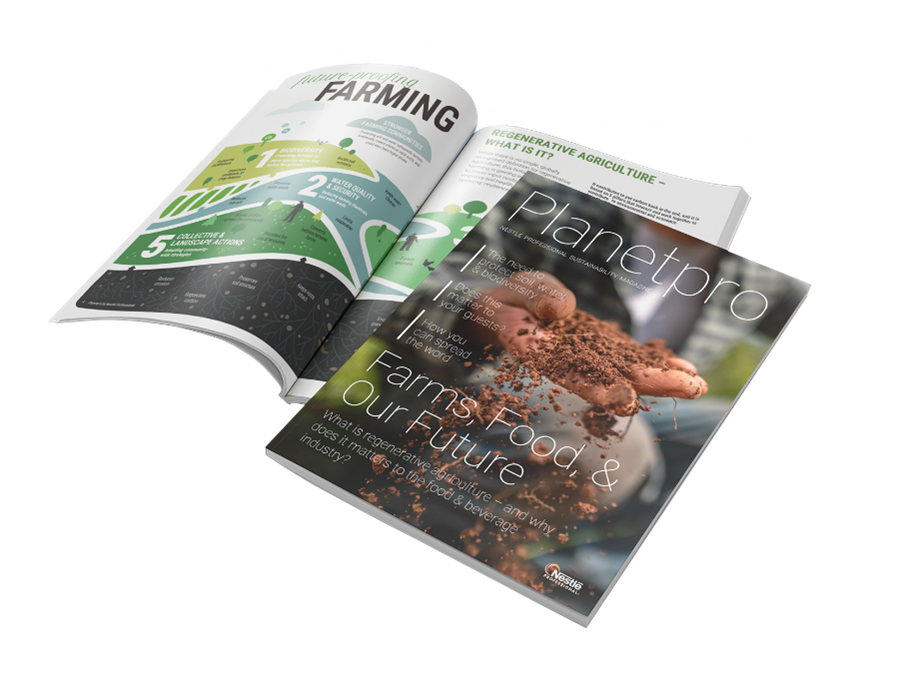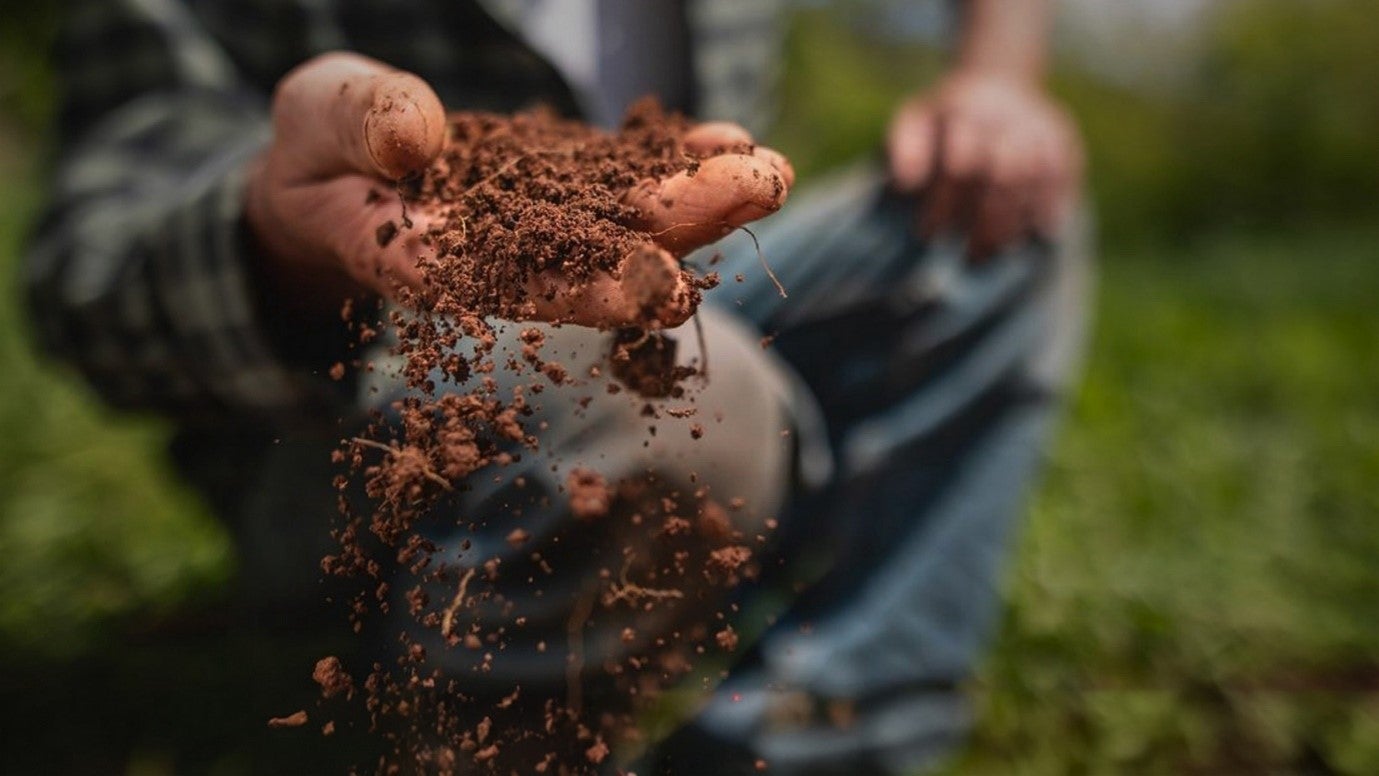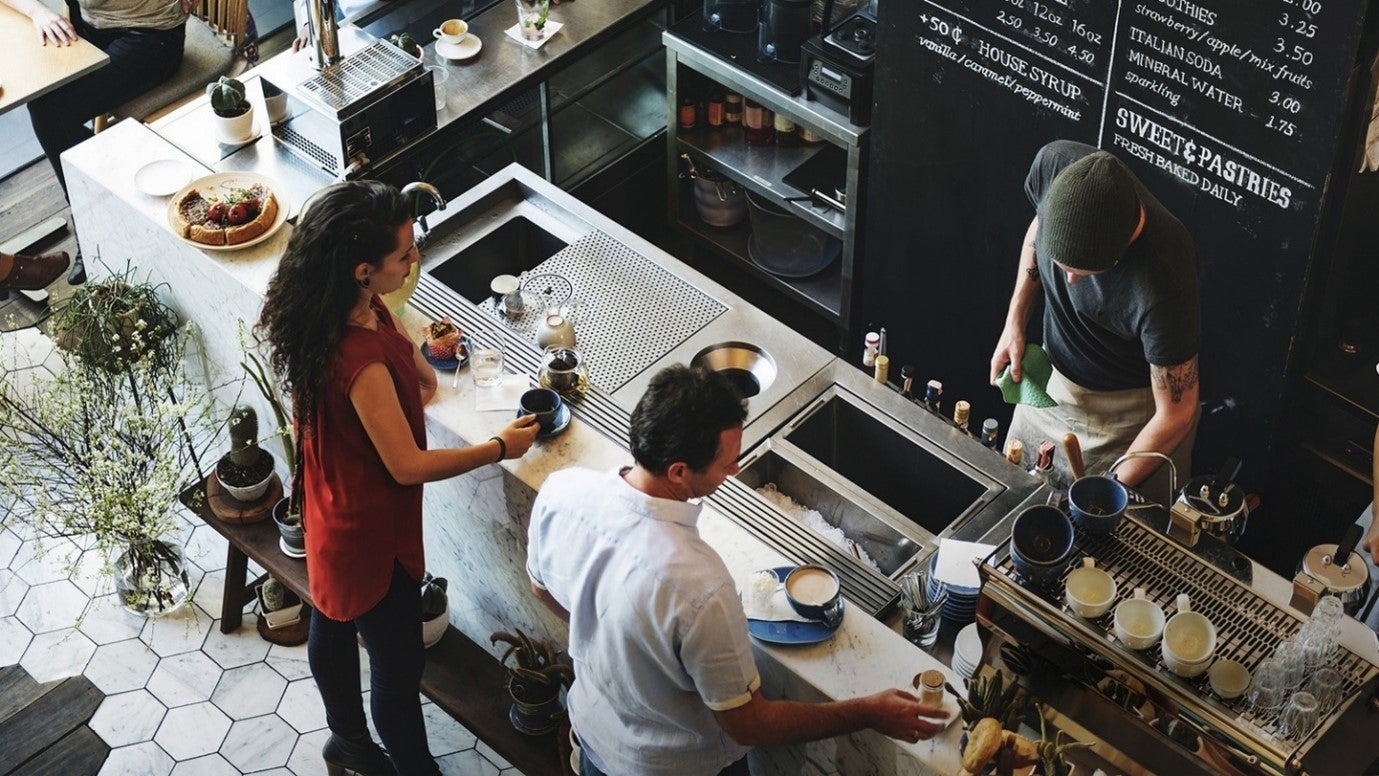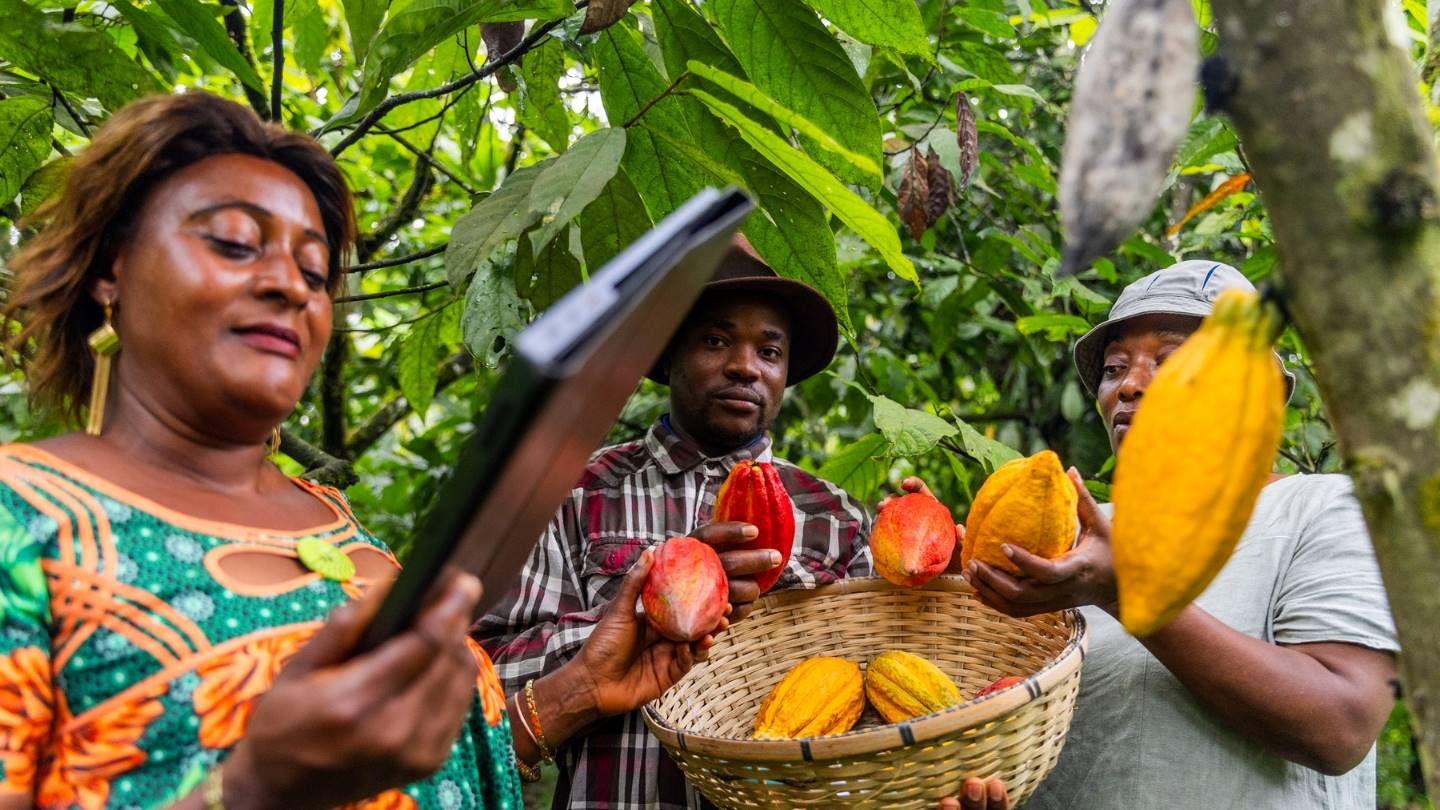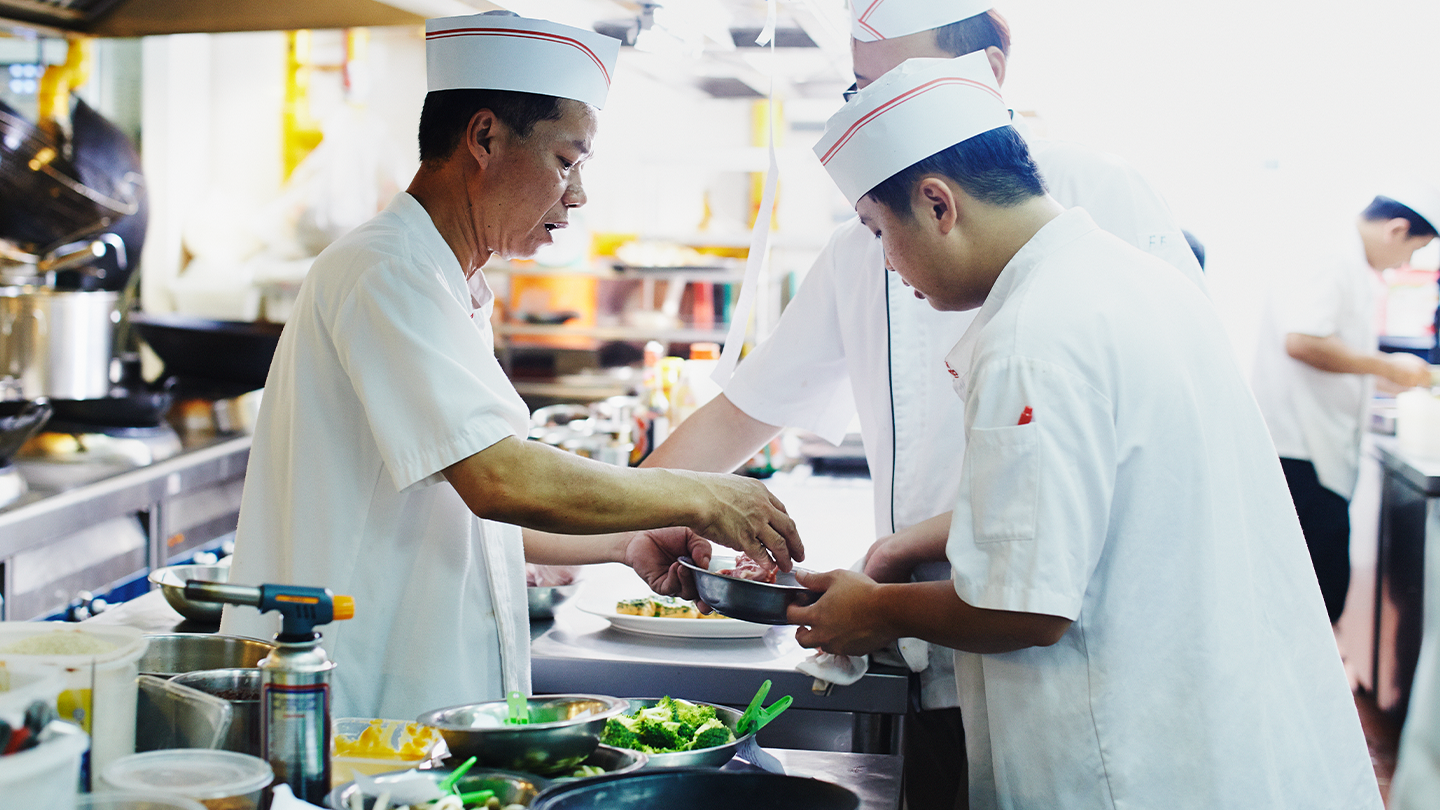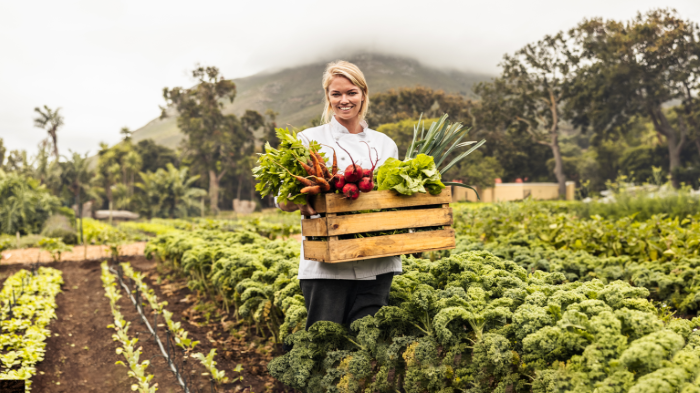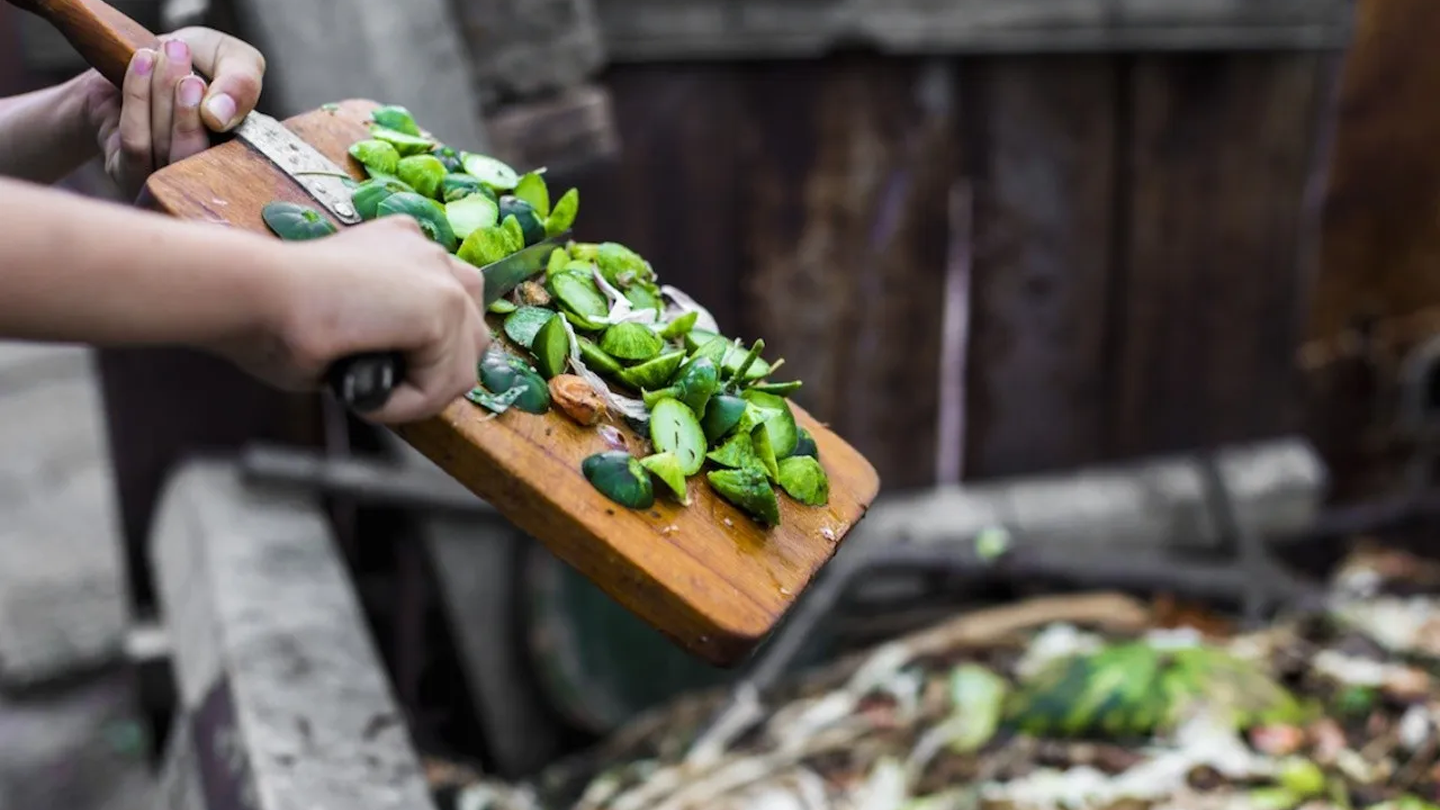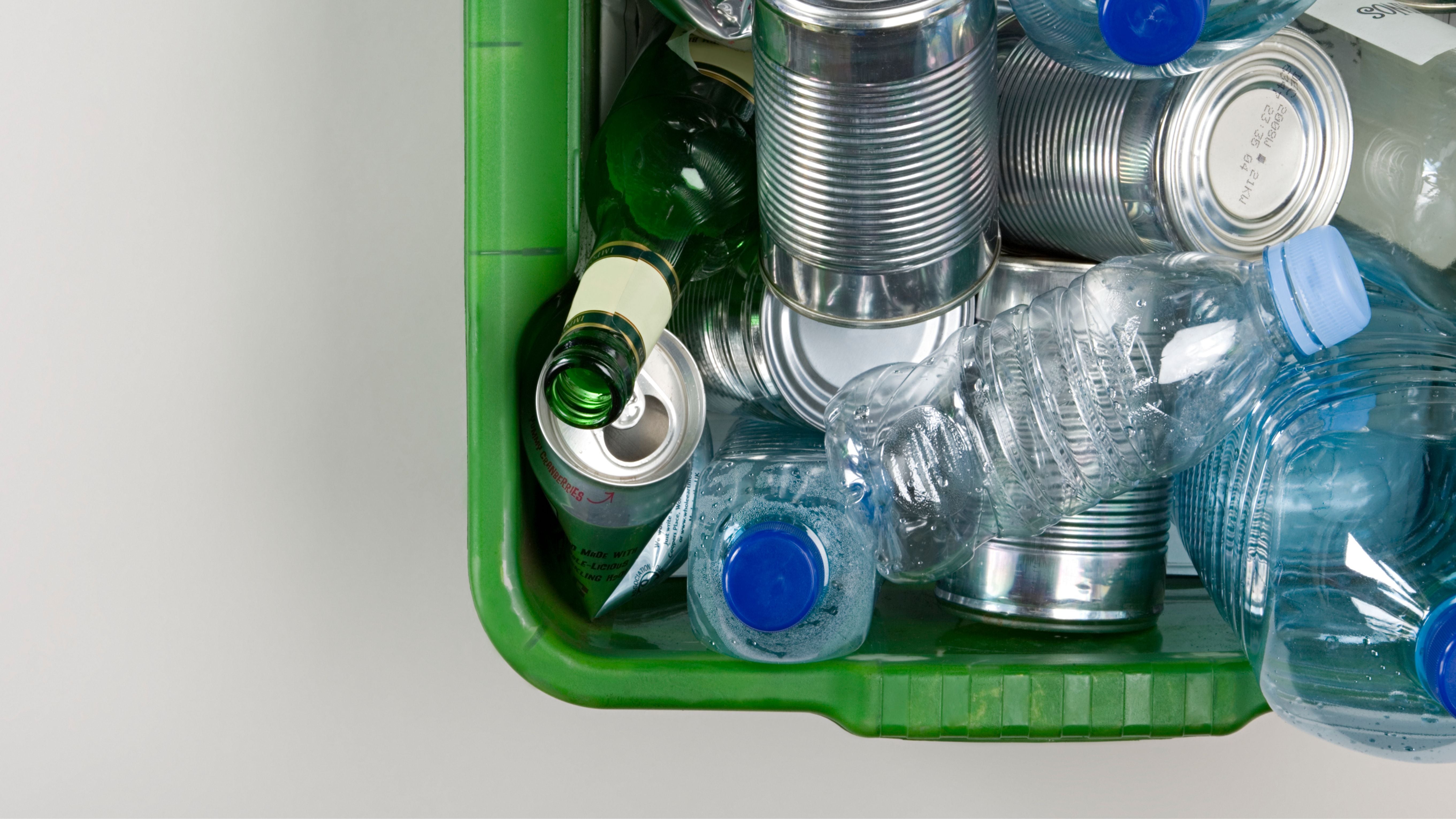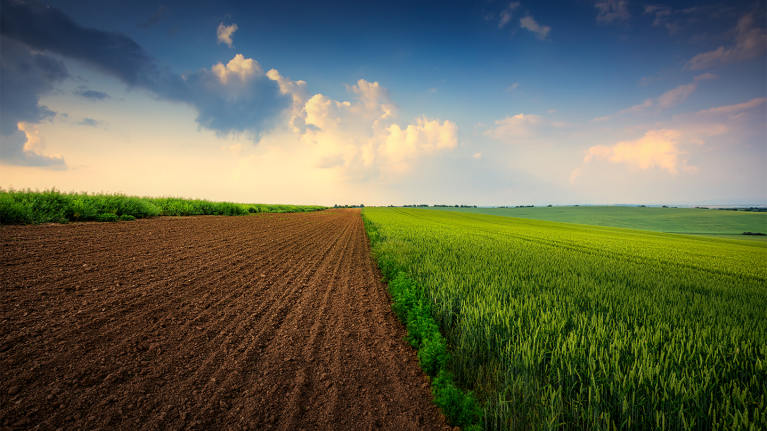
Explore Planet Pro
Our Commitment. Nestlé is using its size, scale and reach to tackle climate change and make a big difference. We are transforming our business and using our resources to inspire change.
Net Zero by 2050
Climate change is one of society’s greatest challenges. It is also one of the greatest risks to the future of our business. Solving it requires all of us to act with great urgency. As the world’s biggest food and beverage company, we have the size, scale and reach to influence others and to inspire collective action.
Building on a decade of action, we're working to halve our greenhouse gas emissions by 2030 and reach net zero by 2050 – even as our company grows. Discover more about our roadmap to learn more about how we plan to reduce our emission reductions.
Nestlé’s Net Zero Roadmap
Sustainability in Foodservice
Our goal is to support our customers in the food service industry, helping to share insights and knowledge of the emerging trends, important issues, and best practices. Businesses that practice sustainability can decrease their running costs and achieve tangible benefits, such as cost savings, sales growth and more customers.
Ready to learn more about sustainable practices in your business?
Get valuable information on how to reduce your environmental footprint with our sustainability magazine called Planetpro. This magazine covers a range of environmental topics that are closely tied to the food service industry, to help you understand the impact of climate change and provide you with practical ideas that you can introduce to your business.
No Time to Waste
Waste can come from several stages of your business, including from delivery to food prep and disposal. This can have many impacts on the environment, as well as to your businesses. Learn how to manage waste through each stage of your processes in this version of the Planetpro – find out why reducing waste matters and actions you can take to start reducing waste in your kitchen today.
Climate Change
Many are familiar with Climate Change and how it affects the environment, but it can also affect you and your business. In this edition of Planetpro, learn what Climate Change actually involves and why it matters to your business. Explore how climate change intersects with foodservice and discover practical strategies you can take to reduce your environmental impact.
Keep Packaging in the Loop
Packaging is indispensable to the foodservice industry and around the world, consumers are paying more attention to packaging and the ways we interact with it. In this issue of Planetpro, learn about the consumer attitudes surrounding packaging, how to manage different materials, and actions you can take instead of disposal to keep the packaging loop going.
Regenerative Agriculture
Farms help feed the world, but some farming practices deplete resources like soil and water, putting strain on agriculture for our future. In this issue of the PlanetPro Sustainability Magazine, we'll introduce you to a group of farming practices called Regenerative Agriculture. Learn how this topic is relevant to the food sector, why it matters to your business, and what you can do to support this transition.
Related Articles
View all articles related to sustainability here.
